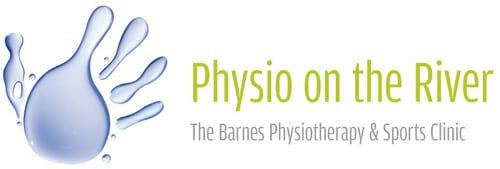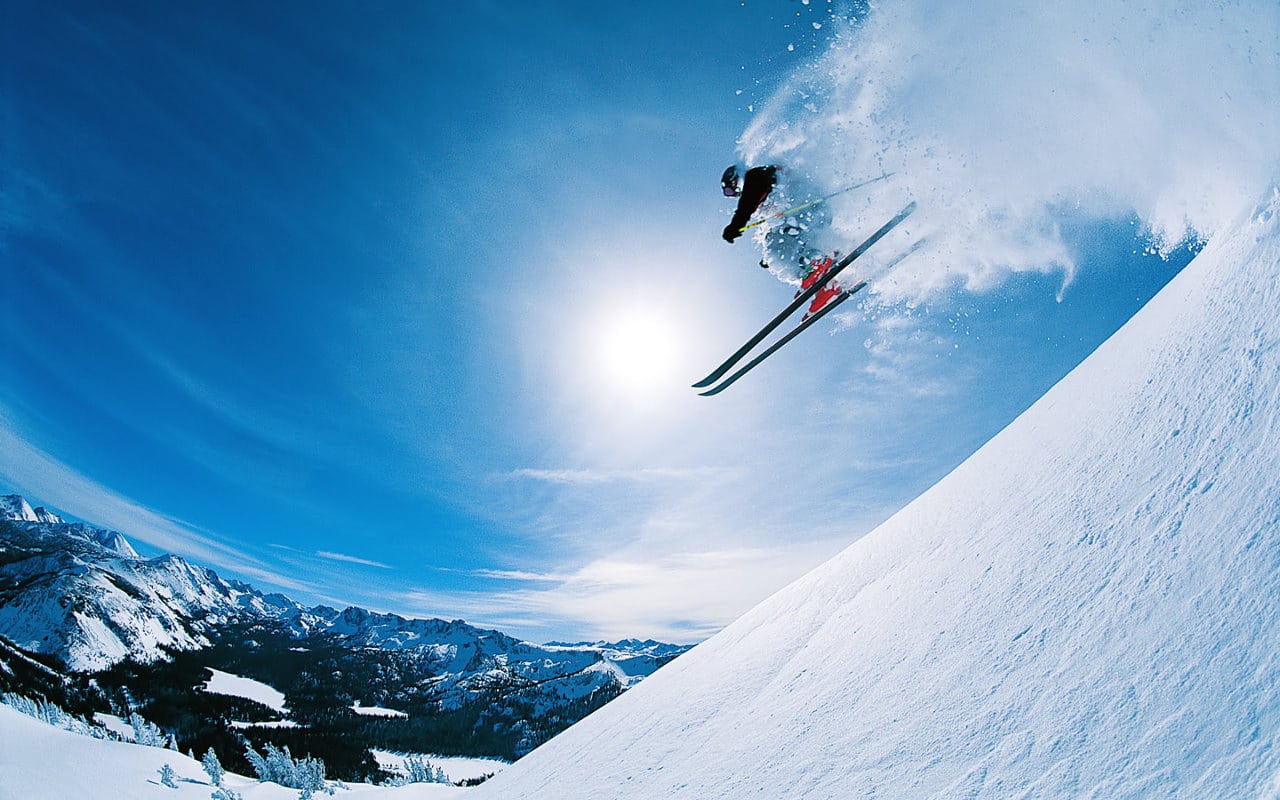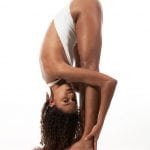12 top tips for avoiding a skiing injury this Spring!
At Physio on the River we work closely with the Orthopaedic Consultants at Wimbledon Clinics (at Parkside Hospital) who are specialists in managing skiing injuries. They are experienced and keen skiers themselves so understand the sport completely. If you are unlucky enough to get injured this Christmas or Spring we can refer you quickly to their fast track clinic for injured skiers.
However, prevention is so much better than cure!
We run a Get Fit to Ski class to help you prepare for the slopes and we will be continuing this class in the New Year to help those preparing for the half term or Easter holiday break. The class is Physio led and covers all aspects of fitness, flexibility, strength and conditioning and balance to get you in tip top condition. It’s also a great way to shed those extra pounds put on during the festive period!
Jonathan Bell from Wimbledon Clinics has written this excellent top 12 tips for avoiding injury, which I would like to share with you in this blog.
1. Take lessons
The better your technique, the less chance you’ll put undue strain on your joints.
2. Get the right kit
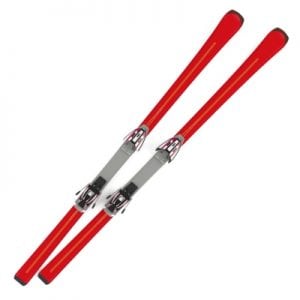 Have your ski or board bindings set up by a pro because, if your bindings are incorrectly adjusted, or you borrow a friend’s skis, you’re more likely to injure your knees. In the hire shop, provide an accurate weight and estimate of your ability and don’t use boards or skis that are too short or long.
Have your ski or board bindings set up by a pro because, if your bindings are incorrectly adjusted, or you borrow a friend’s skis, you’re more likely to injure your knees. In the hire shop, provide an accurate weight and estimate of your ability and don’t use boards or skis that are too short or long.
3. Have a rest day
Ignore the “first lift / last lift” banter and take a break. You’re likely to get more from your holiday. Why? Because the highest risk of an accident is after 3pm on day three of your holiday as muscle fatigue reaches its peak 48 hours after you hit the slopes.
4. Take the lift at the end of the day!
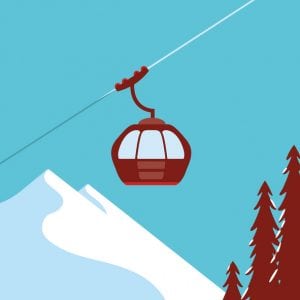
vector graphics, modern flat illustration, eps 10
Later in the day, you’ll be tired, the pistes may be icy and crowded, and there will possibly be bare patches in the snow – all of which are risk factors for injury. So take the lift!
5. Control your weight
Good advice for life is to maintain a healthy weight. It’s also good to prevent injuries. The heavier you are, the more strain you put on your knees and the harder you fall.
6. Keep within your comfort zone
Control is good, bravado is bad, and icy moguls – especially if you already have any damage to your knees – are a menace. Mogul falls can result in serious injury, especially to the shoulder in
firm conditions.
7. Minimise alcohol at lunchtime
Alcohol slows your reactions and makes you more reckless.
8. Be careful getting off the chairlift
It’s easy to fall when trying to get off a chairlift. And, while it might be funny, it can be serious. We also see many people who’ve ruptured their knee ligaments when the person next to them
falls across their skis.
9. Ski off-peak
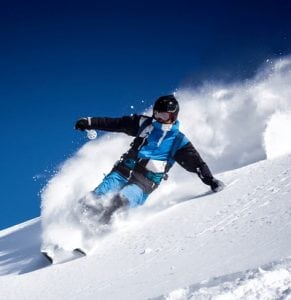 The quieter the slopes, the less danger there’ll be of being called on to take sudden evasive action. If your ability allows, learn to ski off-piste where it’s often quieter. Do make sure you learn about the risks before going off-piste and have the correct equipment and insurance.
The quieter the slopes, the less danger there’ll be of being called on to take sudden evasive action. If your ability allows, learn to ski off-piste where it’s often quieter. Do make sure you learn about the risks before going off-piste and have the correct equipment and insurance.
10. Don’t wear a knee brace but do wear wrist guards if you snowboard
We recommend knee braces only for a small number of people. These include skiers returning to the sport with an old or partially healed ligament injury (they might want to use a hinged brace) or
those with mild arthritis (who might benefit from a neoprene sleeve).
Otherwise, skiing without a brace improves the ability of the muscles around the knee to respond effectively to the different stresses and strains. Wrist guards for snowboarding are useful and
significantly reduce incidents of wrist fractures.
11. Seek advice immediately after injury
Clinics in ski resorts are versed in treating ski injuries. Above all, do not ski with an injury – get it checked out. Even though it might be tempting to carry on skiing through an injury, ignoring it may result in a longer lay-off. Then, once you are home, speak to your physio about a referral to Wimbledon Clinics.
12. Wear a helmet
Helmets can reduce the severity of mild to moderate head injuries.
If you are interested in joining our Get Fit to Ski class or giving a loved one a voucher just:
Call us on 020 8876 5690
Email us by clicking here
Or simply pop by for a chat!
